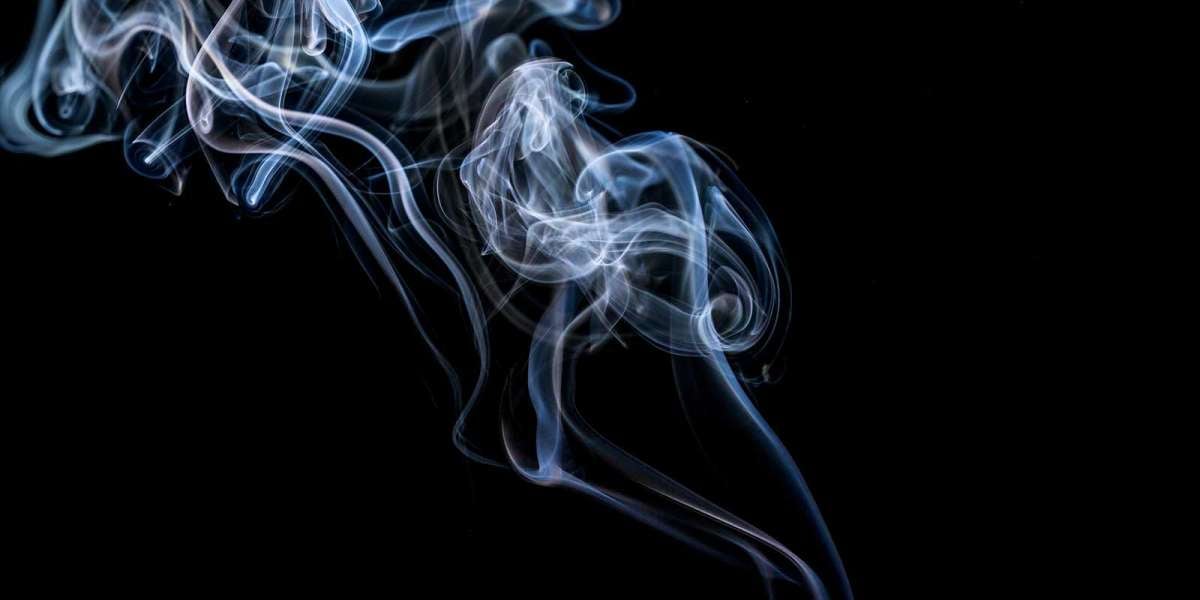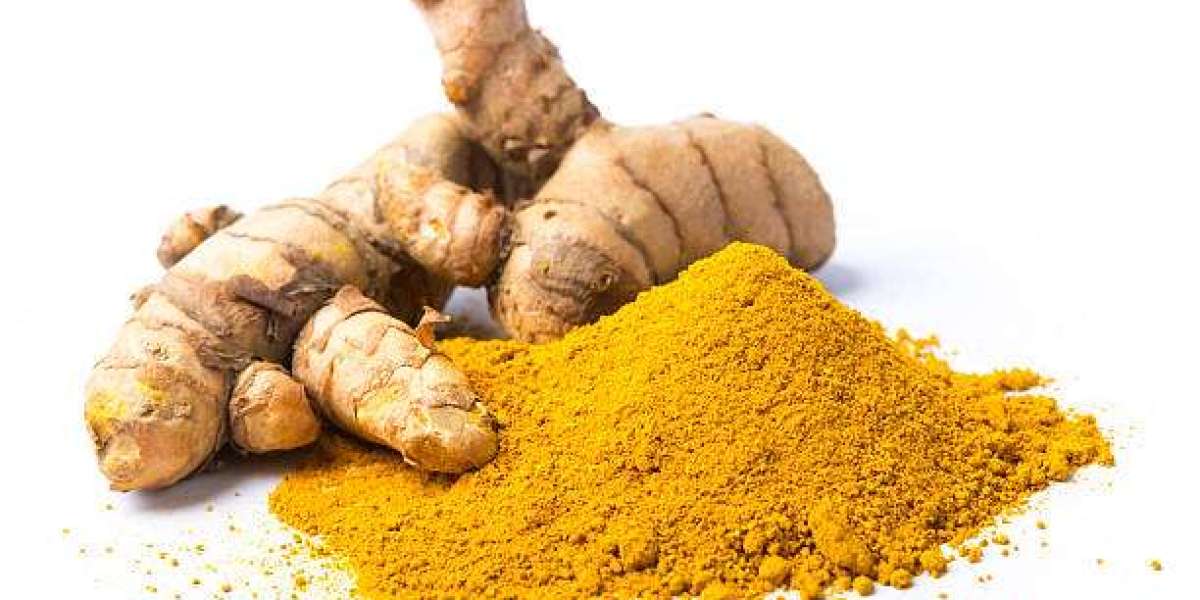Inhalant addiction is a complex disorder that requires the help of a qualified professional. There are several ways to deal with this problem, including medical intervention, therapy, and support groups. However, in order to avoid relapsing, it is important to determine the underlying cause. Identifying the root cause of inhalant use can help in determining a treatment plan.
Treatment options for inhalant addiction
There are several treatment options for inhalant addiction, including residential and outpatient programs. These options include therapy, 12-step programs, and group therapy. The most intensive of these programs involves a stay in a rehab facility where the patient receives 24-hour care. Inpatient programs may include group therapy or individual therapy, and many also allow for schoolwork to be completed.
Individual therapy is one of the first steps of inhalant treatment. This therapy helps the addict to explore the reasons behind their behavior and learn how to live a drug-free life. Individual therapy is often the first course of aftercare, and it's an important step in the recovery process.
Inhalant abuse began among younger teenagers in the 1960s, and today, more than nine percent of American adults have used them at some point. Adolescents are especially at risk, with 58 percent of users reporting their first use in high school. However, older teens are less likely to use inhalants than younger ones, so early detection is key.
Long-term inhalant abuse can lead to severe health problems. Lung and brain damage are common after prolonged use. Some inhalant users even lose their sense of smell. In more severe cases, the brain may shut down completely, and a person may go into a coma.
Symptoms of inhalant addiction
If you are struggling with an addiction to a chemical known as an inhalant, it is important to recognize the symptoms. These substances are highly addictive and may cause cognitive impairment. They can also damage the lungs and nostrils. They can also cause serious problems in school and career.
There are several signs and symptoms of inhalant abuse, including headaches, fatigue, and physical withdrawal. These symptoms may be hard to recognize because they can mimic symptoms of other diseases or substances. Therefore, it is important to identify inhalant use in its earliest stages to avoid fatal consequences.
The abuse of inhalants is a serious problem in the US, especially among teenagers. The substance is highly toxic, and if you suspect that your child may be developing an addiction, seek help immediately. Often, it begins as a simple one-time experiment and progresses to a full-fledged addiction. As the abuse progresses, the teenager may start experimenting with different inhalants, until they find the one that works for them.
Inpatient rehab is the best option for inhalant addiction treatment. During inpatient rehab, the patient undergoes detoxification so that they can concentrate on their recovery. By keeping them away from any negative influences or addictive triggers, they can fully focus on their recovery. Cognitive behavioural therapy is another important part of inhalant rehab, and it helps patients identify and change negative thought patterns.
Treatment for inhalant addiction
Effective treatment for inhalant addiction depends on the individual's needs, strengths, and support systems. It is usually a multi-step process that is tailored to the specific person's needs and goals. In most cases, inhalant addiction treatment aims to help individuals achieve and maintain sobriety and prevent relapse.
The withdrawal symptoms that people experience after quitting inhalant use may be mild to severe, and depend on the type and duration of the substance used. By undergoing a supervised detoxification program, an addict can be kept away from triggers that make him or her crave the substance. The process may last several weeks.
Depending on the severity of the addiction, treatment for inhalant addiction can be in the form of an inpatient or outpatient program. During the inpatient stay, an individual will receive medical care, counseling, and support from peers. This type of treatment will last for up to 90 days, depending on the individual's needs. Extended stays are available if necessary.
Treatment for inhalant addiction should begin as early as possible. Young teens and pre-teens are especially vulnerable to inhalant addiction, because inhalants are readily available and easy to obtain. There is also a lack of education about the dangers of these substances. A lack of socialization and self-esteem can also lead to addiction.



